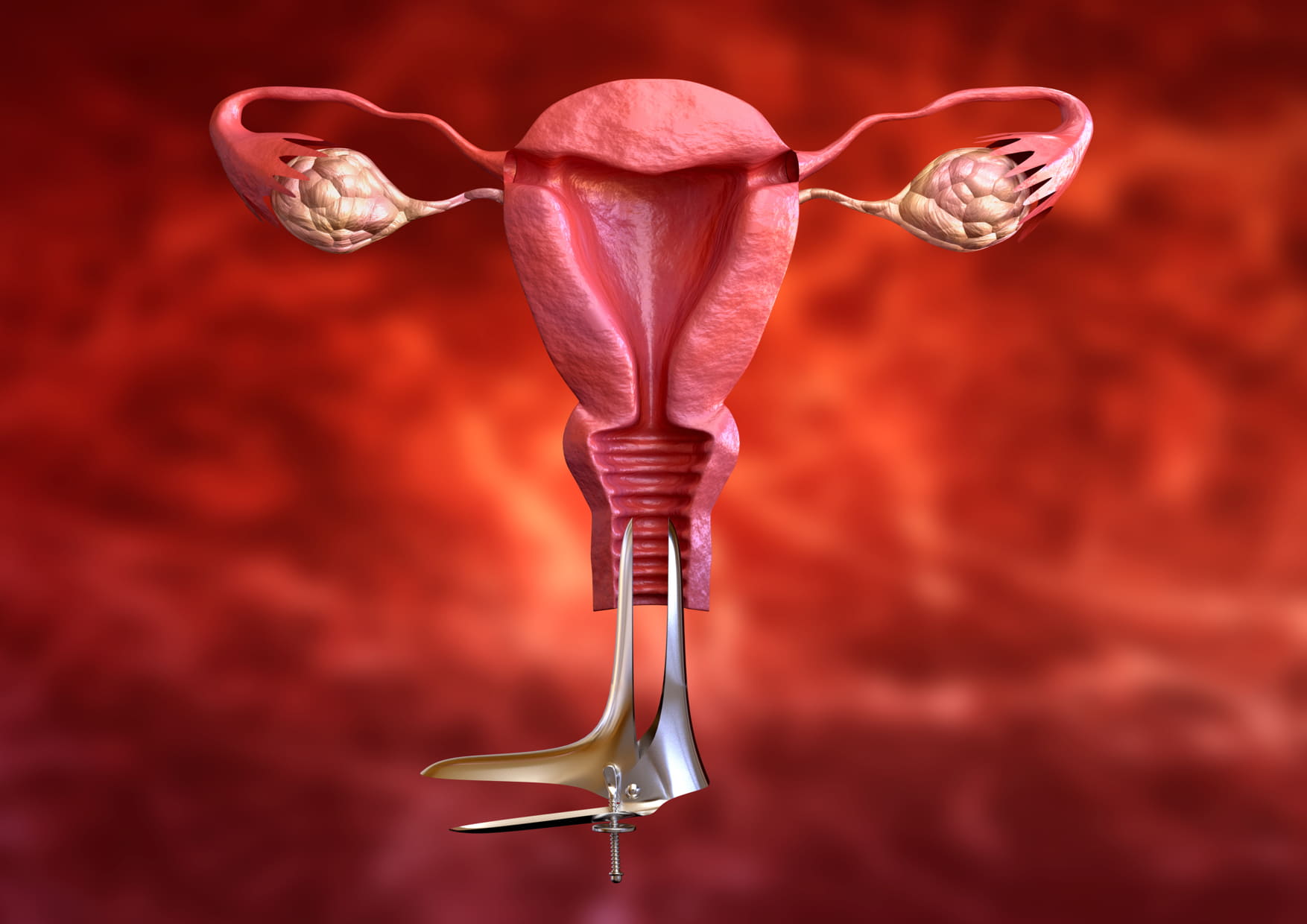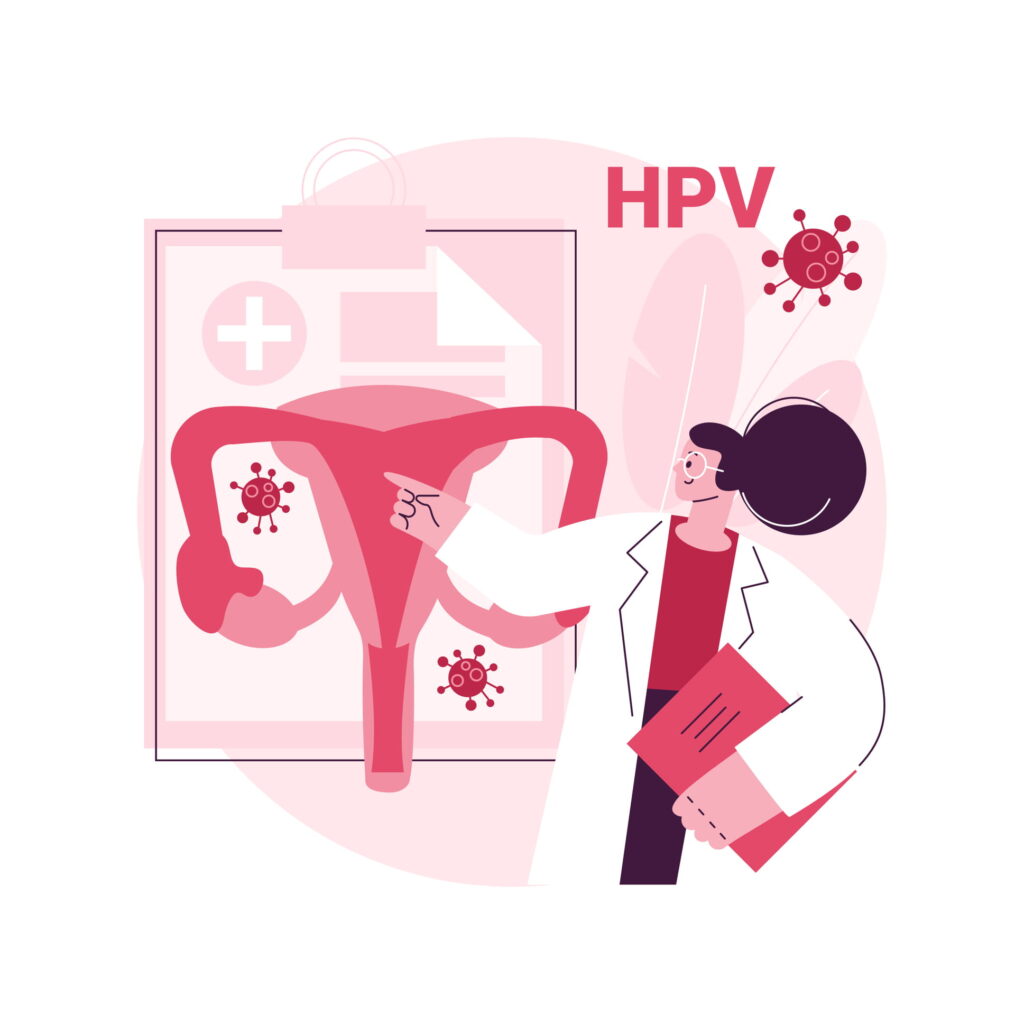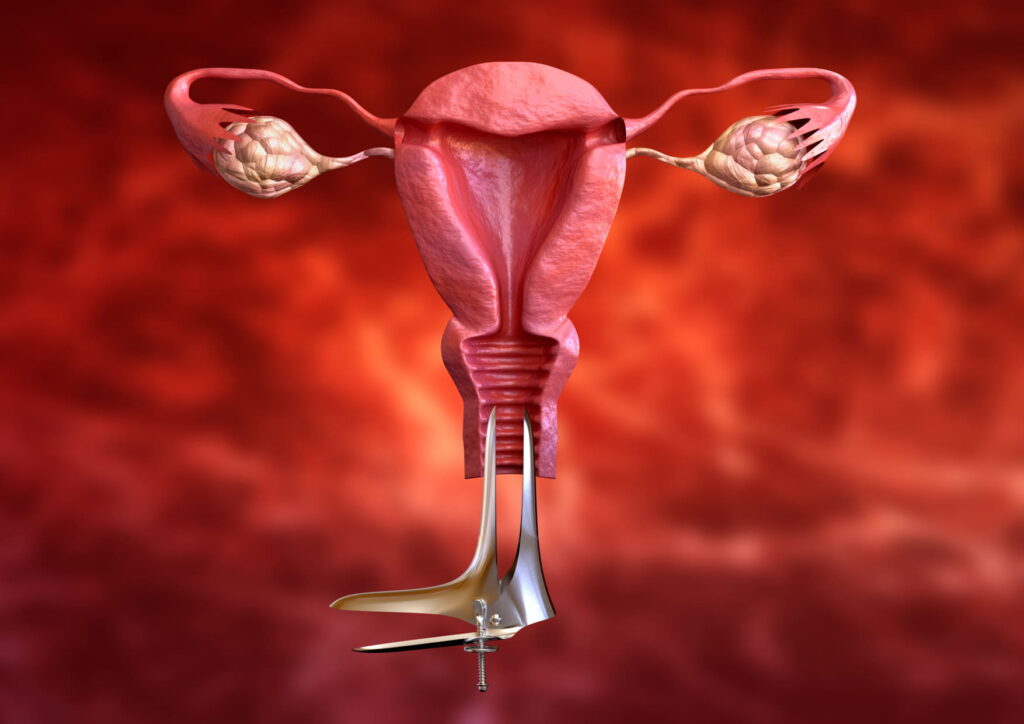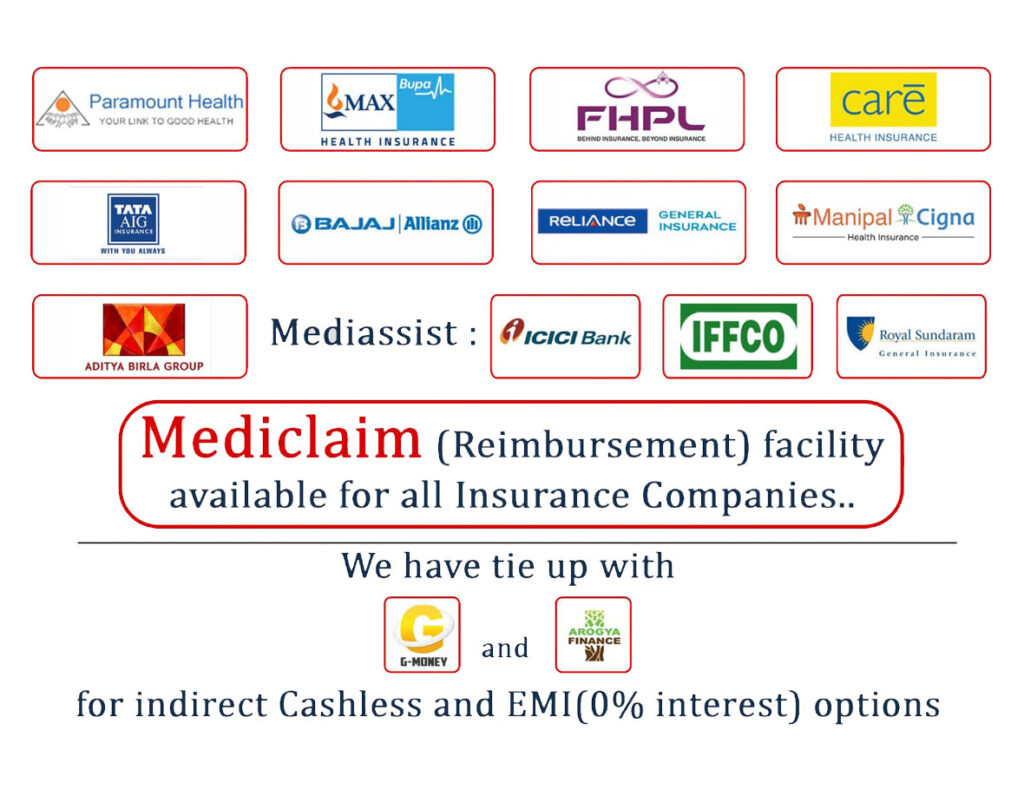Advantages of Laparoscopic Oncosurgery in Gota, Ahmedabad
Laparoscopic oncosurgery, as performed by Dr. Maulik Shah in Gota, Ahmedabad, offers significant advantages for gynecological cancer patients compared to traditional open surgery. This minimally invasive approach utilizes small incisions and specialized instruments, allowing for precise removal of cancerous tissues while minimizing trauma to surrounding healthy organs.
From a technical standpoint, laparoscopic oncosurgery involves the use of a laparoscope, a thin tube equipped with a camera and light source, which is inserted through one of the small incisions. This provides Dr. Shah with a magnified view of the surgical site, enabling meticulous dissection and removal of cancerous lesions. Additional instruments are introduced through the remaining incisions to assist in the surgical procedure, such as dissecting, cutting, and sealing tissues as needed.
One of the primary advantages of laparoscopic oncosurgery is the reduced risk of complications associated with traditional open surgery. With smaller incisions, there is less blood loss, lower risk of infection, and faster healing times. Patients often experience less post-operative pain and require shorter hospital stays, facilitating a quicker return to normal activities.
Furthermore, the precise visualization provided by the laparoscope allows Dr. Maulik Shah to spare healthy surrounding tissues, preserving organ function and reducing the risk of post-operative complications. This is particularly important in gynecological cancers where preserving reproductive organs or pelvic floor function is a priority for patients’ quality of life.
From a layman’s perspective, laparoscopic oncosurgery offers patients in Ahmedabad a less invasive and more efficient treatment option for gynecological cancer. Instead of a large abdominal incision, which can be associated with significant pain and longer recovery times, laparoscopic surgery involves several small incisions, resulting in minimal scarring and faster recovery. Patients can expect to return to their daily activities sooner and experience fewer post-operative complications, all while receiving expert care from Dr. Maulik Shah in Gota, Ahmedabad.
What is Laparoscopic Oncosurgery for gyencology in Ahmedabad
Laparoscopic oncosurgery for gynecology is a minimally invasive surgical approach used to treat gynecological cancers such as ovarian, cervical, endometrial, or uterine cancer. In this procedure, a surgeon makes small incisions in the abdomen and inserts a laparoscope—a thin tube with a camera and light—allowing for a magnified view of the pelvic organs.
Using specialized instruments inserted through additional small incisions, the surgeon removes cancerous tissue while sparing healthy surrounding organs. The laparoscope provides detailed visualization, enabling precise dissection and removal of tumors.
Compared to traditional open surgery, laparoscopic oncosurgery offers several benefits:
- Smaller incisions lead to less blood loss, reduced risk of infection, and faster healing.
- Patients experience less post-operative pain and require shorter hospital stays.
- Preservation of healthy tissues and organs may lead to better functional outcomes and quality of life.
- Quicker recovery allows patients to resume normal activities sooner.
Overall, laparoscopic oncosurgery is an advanced technique that provides effective cancer treatment with minimal invasiveness and improved patient outcomes.

Gynecologic Cancers Treated with Laparoscopic Oncosurgery

Laparoscopic oncosurgery is a versatile technique used to treat various gynecologic cancers, including:
- Ovarian Cancer: Laparoscopic surgery can be utilized for the removal of ovarian tumors, including both benign and malignant growths. Depending on the stage and extent of the cancer, laparoscopic techniques may involve removing the affected ovary (oophorectomy), the entire uterus and ovaries (hysterectomy with bilateral salpingo-oophorectomy), or other affected tissues in the pelvis and abdomen.
- Cervical Cancer: Laparoscopic procedures can be employed for early-stage cervical cancer treatment, particularly when the cancer has not spread beyond the cervix. This may involve a radical hysterectomy, where the uterus, cervix, and surrounding tissues are removed. Lymph node dissection may also be performed to assess if the cancer has spread.
- Endometrial Cancer: Laparoscopic surgery is commonly used for the treatment of endometrial cancer, especially in early stages. Procedures such as hysterectomy (removal of the uterus) and bilateral salpingo-oophorectomy (removal of the fallopian tubes and ovaries) can be performed laparoscopically. Lymph node dissection may also be conducted to determine the extent of the disease.
- Uterine Cancer: Laparoscopic techniques can be employed for the removal of uterine tumors, particularly in cases of early-stage uterine cancer. This may involve a hysterectomy with or without the removal of the ovaries and fallopian tubes. Lymph node evaluation may also be performed during the procedure.
- Fallopian Tube Cancer: Laparoscopic surgery may be considered for the treatment of fallopian tube cancer, involving the removal of the affected fallopian tube (salpingectomy) or, in more advanced cases, removal of the uterus, ovaries, and fallopian tubes (total hysterectomy with bilateral salpingo-oophorectomy).
In summary, laparoscopic oncosurgery is a valuable approach for the treatment of various gynecologic cancers, offering benefits such as smaller incisions, reduced post-operative pain, shorter hospital stays, and quicker recovery times compared to traditional open surgery. However, the suitability of laparoscopic surgery for each patient depends on factors such as the stage and extent of the cancer, as well as the patient’s overall health and medical history.
Understanding the Laparoscopic Oncosurgery Procedure with Dr. Maulik Shah
Laparoscopic oncosurgery, performed by Dr. Maulik Shah, is a minimally invasive surgical procedure used to treat gynecologic cancers. Here’s an overview of the procedure:
- Preparation: Before the surgery, patients undergo a thorough evaluation, including medical history review, physical examination, and sometimes imaging tests to assess the extent of the cancer. Dr. Maulik Shah discusses the procedure, potential risks, and benefits with the patient, addressing any concerns or questions.
- Anesthesia: On the day of surgery, patients are administered anesthesia to ensure they are comfortable and pain-free throughout the procedure. Dr. Shah and the surgical team monitor the patient’s vital signs closely throughout the surgery.
- Incision: Dr. Maulik Shah makes several small incisions in the abdomen, typically less than half an inch in size, through which specialized instruments and a laparoscope (a thin, flexible tube with a camera and light source) are inserted.
- Visualization: The laparoscope provides a magnified, high-definition view of the internal organs on a monitor in the operating room. This allows Dr. Shah to visualize the cancerous tissues and surrounding structures with precision.
- Tumor Removal: Using instruments inserted through the incisions, Dr. Maulik Shah carefully removes the cancerous tissue while sparing healthy surrounding organs and tissues. Depending on the type and stage of the cancer, this may involve removing the uterus, ovaries, fallopian tubes, lymph nodes, or other affected structures.
- Closure: Once the tumor is removed, Dr. Shah closes the incisions with sutures or surgical staples. These incisions are typically very small and may not require any stitches to close.
- Recovery: After the procedure, patients are taken to a recovery area where they are monitored closely as they wake up from anesthesia. Most patients can expect to go home the same day or within a day or two of the surgery, depending on the extent of the procedure and their individual recovery.
- Follow-up: Dr. Maulik Shah provides post-operative care instructions to patients, including guidelines for pain management, wound care, and activity restrictions. Follow-up appointments are scheduled to monitor the patient’s recovery and discuss any further treatment or follow-up care that may be needed.
Laparoscopic oncosurgery with Dr. Maulik Shah offers patients a minimally invasive approach to treating gynecologic cancers, with advantages such as smaller incisions, reduced post-operative pain, shorter hospital stays, and quicker recovery times compared to traditional open surgery.




Cost and Financing Options For Gynecology & IVF in Ahmedabad
Lifeline Women’s Hospital in Gota offers comprehensive cost and financing options to ensure affordable healthcare access for all patients. The hospital accepts all modes of payment, including cashless facilities, credit cards, and various other payment methods. Additionally, the hospital provides the flexibility of EMI (Equated Monthly Installments) options to further ease the financial burden on patients.
Just like at Lifeline Multispeciality Hospital, the exact cost of your treatment at Lifeline Women’s Hospital will depend on factors such as the specific procedure required, your insurance coverage, and any applicable discounts.
The hospital is affiliated with a wide network of insurance providers, including Aditya Birla Group, Allianz Care Health, Bajaj Allianz, Cigna TTK, E-Meditek, Focus G, HDFC Ergo, and others. This extensive network ensures that patients can access care through their insurance plans with ease.

If you have concerns about the cost of your treatment, you can reach out to the hospital’s billing department for a detailed estimate. Additionally, inquire about their financial assistance programs, which may be available to eligible patients.
Here are some additional tips for financing your healthcare at Lifeline Women’s Hospital in Gota:
- Consult Your Doctor: Your healthcare provider can provide insights into the costs associated with your treatment and may suggest resources to help manage expenses.
- Explore Payment Plans: Lifeline Women’s Hospital offers flexible payment plans that allow you to spread out the cost of treatment over manageable monthly installments.
- Government Assistance: Patients with low income may qualify for government assistance programs aimed at alleviating healthcare costs. Investigate these options to determine eligibility.
By leveraging the various financing options available at Lifeline Women’s Hospital in Gota and communicating with the hospital’s billing department, you can effectively manage the financial aspects of your healthcare while focusing on your well-being and recovery.
Contact Us
FAQs about Laparoscopic Oncosurgery
Laparoscopic oncosurgery is a minimally invasive surgical technique used to treat gynecologic cancers, involving the removal of cancerous tissues through small incisions in the abdomen using specialized instruments and a camera.
Dr. Maulik Shah is a highly skilled gynecologic oncologist with extensive experience in performing laparoscopic oncosurgery. He specializes in treating gynecologic cancers using advanced surgical techniques.
Laparoscopic oncosurgery can be used to treat various gynecologic cancers, including ovarian cancer, cervical cancer, endometrial cancer, uterine cancer, and fallopian tube cancer.
Benefits of laparoscopic oncosurgery include smaller incisions, reduced post-operative pain, shorter hospital stays, quicker recovery times, and better cosmetic outcomes compared to traditional open surgery.
Eligibility for laparoscopic oncosurgery depends on factors such as the type and stage of cancer, overall health, and medical history. Consultation with Dr. Maulik Shah is necessary to determine candidacy.
Recovery from laparoscopic oncosurgery typically involves minimal discomfort, shorter hospital stays, and quicker return to normal activities compared to traditional open surgery. Dr. Shah provides post-operative care instructions to ensure a smooth recovery process.
While laparoscopic oncosurgery is generally safe, potential risks and complications may include bleeding, infection, injury to surrounding organs, and adverse reactions to anesthesia. Dr. Maulik Shah discusses these risks during the pre-operative consultation.
Depending on the type and stage of cancer, additional treatments such as chemotherapy, radiation therapy, or hormone therapy may be recommended after laparoscopic oncosurgery. Dr. Shah develops a personalized treatment plan based on each patient’s specific needs.
The duration of laparoscopic oncosurgery varies depending on factors such as the type and stage of cancer, the complexity of the procedure, and the patient’s individual characteristics. Dr. Maulik Shah provides an estimated timeline during the pre-operative consultation.
In many cases, laparoscopic oncosurgery is covered by health insurance plans. Patients should check with their insurance provider to determine coverage and any out-of-pocket costs associated with the procedure. Dr. Maulik Shah’s office can also assist with insurance-related inquiries.
